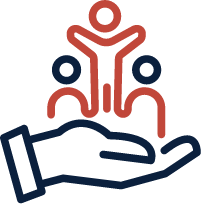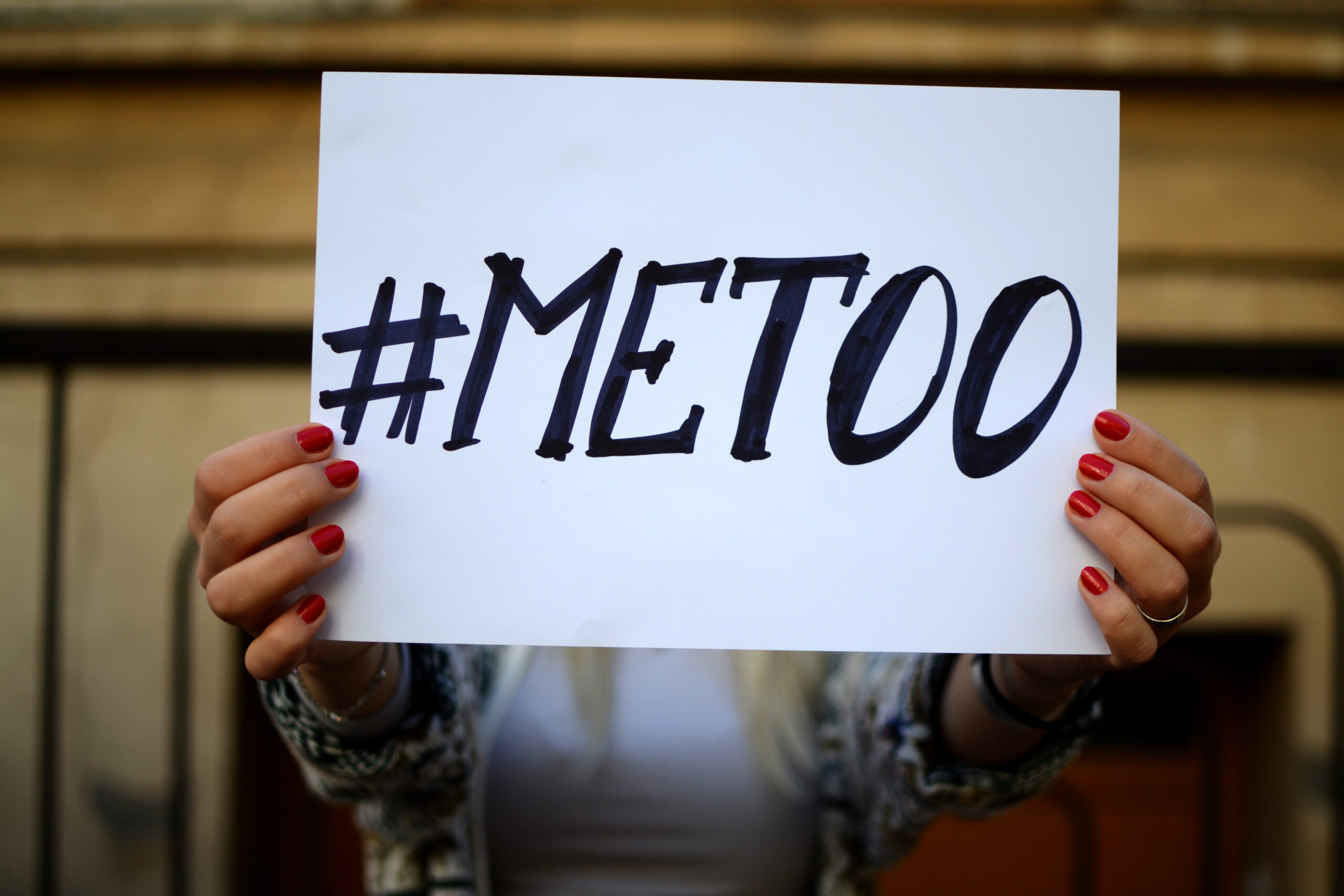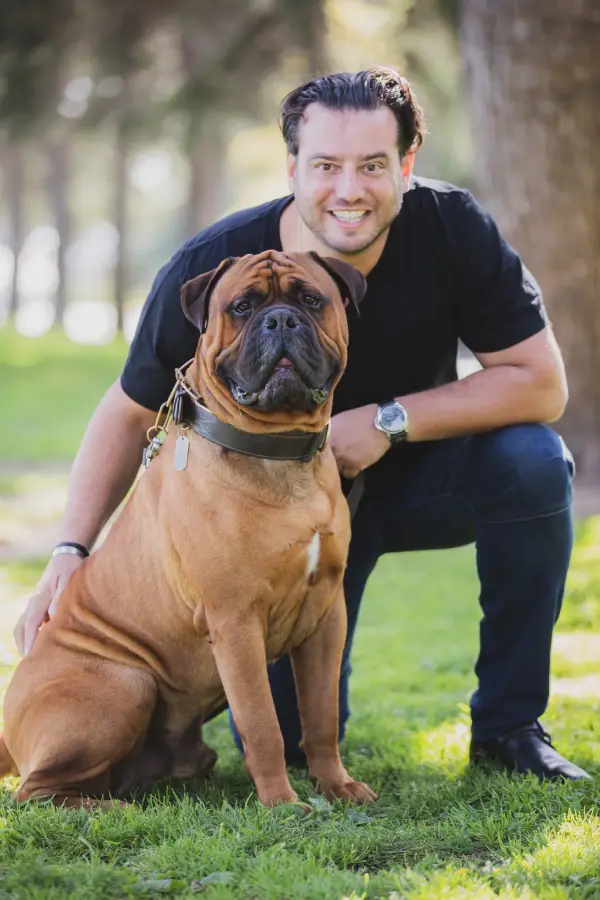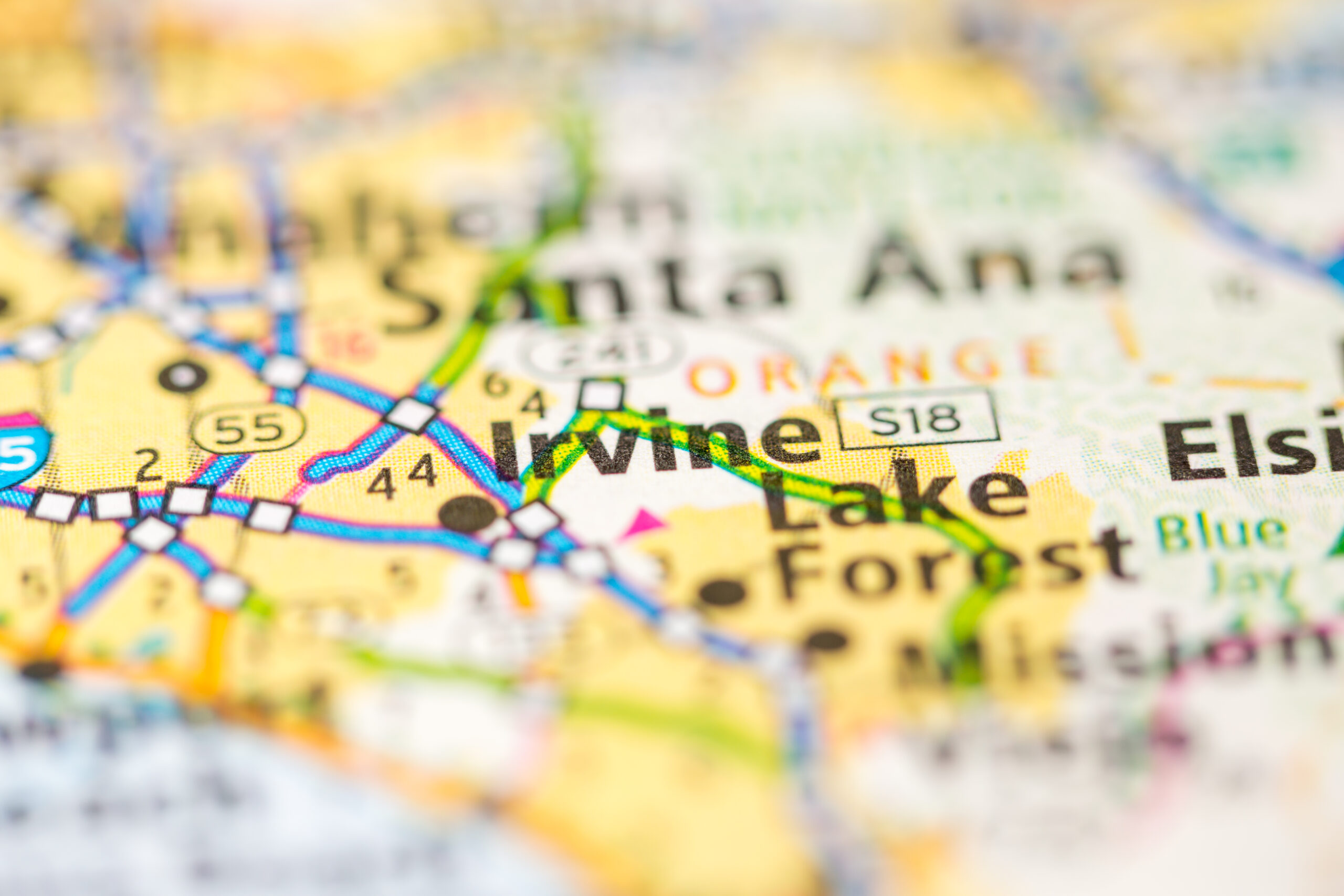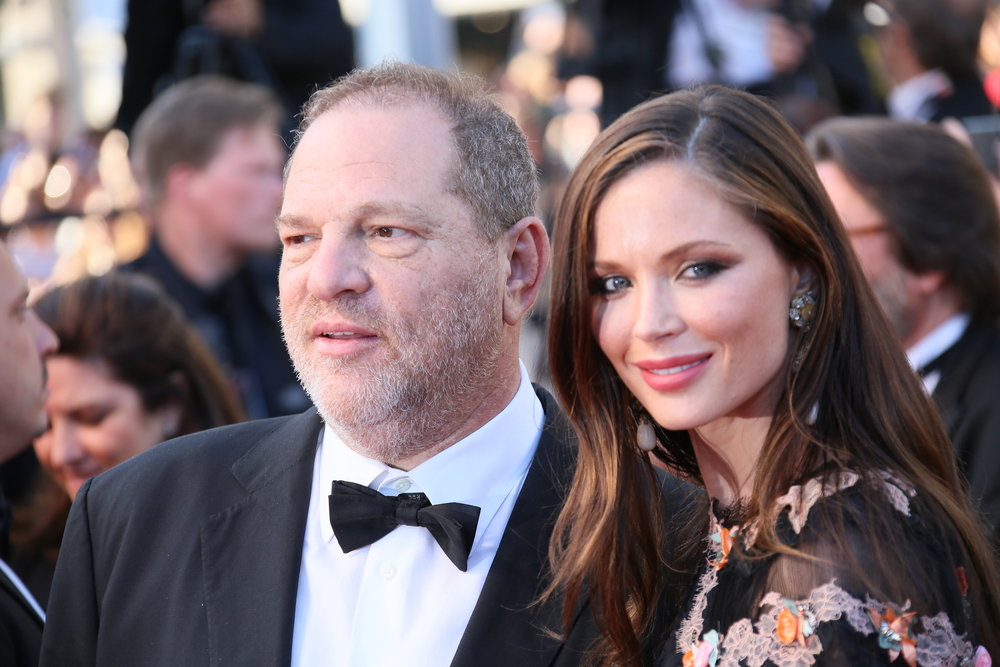In 2017, the #MeToo movement surged into the public consciousness, with high-profile women in entertainment, sports, and other business sectors voicing allegations of sexual harassment perpetrated by leaders in their industries. Aside from launching a national and international conversation about the issue, #MeToo spurred new national and state legislation to reduce workplace harassment and to change how sexual harassment claims are handled. Now, five years later, has workplace conduct changed for the better?
A Focus on Training and Prevention
Rightly horrified by the revelations of the #MeToo movement, companies have increased their focus on sexual harassment prevention training. In some states, this training is required by law, with specific provisions on content and length spelled out; for example, in California, anti–sexual harassment training has been mandatory for most employers since 2005, and as of 2018, New York employers have been required to provide such training as well. However, whether such training is mandated by their state or local jurisdiction, more businesses are choosing to seek out robust training for their workforce, including industry-specific training that tailors information on appropriate professional behavior to be relevant to their workplace.
Ending Forced Arbitration and Secrecy
Legislation at the federal and state level has taken aim at tactics seen as being used by employers and accused abusers to keep claims hidden from public scrutiny. This has included banning pre-dispute arbitration agreements, which require employees to waive their right to file a legal action in favor of a private dispute resolution process without a jury, and prohibiting confidentiality and non-disparagement clauses in certain employment contracts and settlement agreements. The purpose has been to prevent “secret settlements” that concealed the extent and severity of harassment, and thus were seen as enabling harassers to offend again.
New York became the first state to ban employers from including confidentiality clauses in settlement agreements. Since that law was passed in 2019, at least 15 states have enacted similar prohibitions on confidentiality provisions in settlement, separation, or other kinds of employment-related agreements. These laws allow employees to retain their right to speak publicly about their experiences, rather than making silence a condition of settling their claim.
Nationwide, the Ending Forced Arbitration of Sexual Assault and Sexual Harassment Act of 2021 passed by the 117th Congress prohibits employers from enforcing pre-dispute arbitration agreements and class action waivers for these kinds of claims. Further, the Speak Out Act, which makes workplace pre-dispute nondisclosure and non-disparagement clauses involving sexual assault and sexual harassment unenforceable, was recently passed by both houses of Congress.
Has It Made a Difference?
Unfortunately, the data shows that despite these efforts by industry and government, there’s still a long way to go to eliminate sexual harassment in the workplace. In 2017, 12,428 sex-based harassment claims were filed with the Equal Employment Opportunity Commission. In 2018, that number increased to 13,055. While 2021 showed a drop to 10,035, allegations of age, race, and religious discrimination all dropped during the same period as well, leading experts to believe that the COVID-19 pandemic may account for the change rather than reforms.
More disturbingly, employee surveys point to ongoing problems. A 2020 survey of 10,000 entertainment industry workers by the Hollywood Commission found that nearly two-thirds of respondents believed powerful individuals harassing someone with less influence would not be held accountable for their actions, and that 28% had reported an incident of harassment, unwanted sexual attention, or sexual coercion to a supervisor. A survey of STEM professionals in 2022 also illustrated a significant gap between harassment that is experienced and that which is reported: while 62% said they had experienced workplace sexual harassment, only 29% who had filed a formal complaint.
This latter finding should be a wake-up call to businesses in every industry. Employers can’t address problems they don’t see. In the meantime, harassers can continue to poison the workplace environment, harming both their victims and the organization as a whole. Safe, easy reporting is an essential component of holding harassers accountable and eliminating inappropriate conduct.
Increasing Transparency and Trust
NotMe gives employers and employees the tools they need to work together to end sexual harassment in the workplace. Our reporting app gives employees a direct channel to facilitate the reporting of unwanted incidents right away, anonymously if preferred. Removing friction from reporting makes it more likely that employees will speak up, giving you critical information to act. Our organizational tools, including a dashboard and AI-powered case management system, allow you to stay on top of issues efficiently, so reports don’t fall through the cracks. You’re able to respond and investigate effectively, with transparency throughout the process so your workforce knows your policy is backed up with action.
There may still be work to do to eliminate sexual harassment in the workplace, but #NotMe can help. To find out more about how #NotMe can work in your organization, contact us here.







